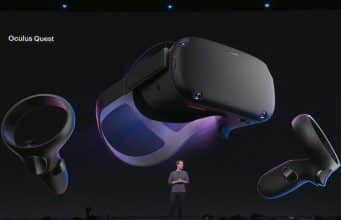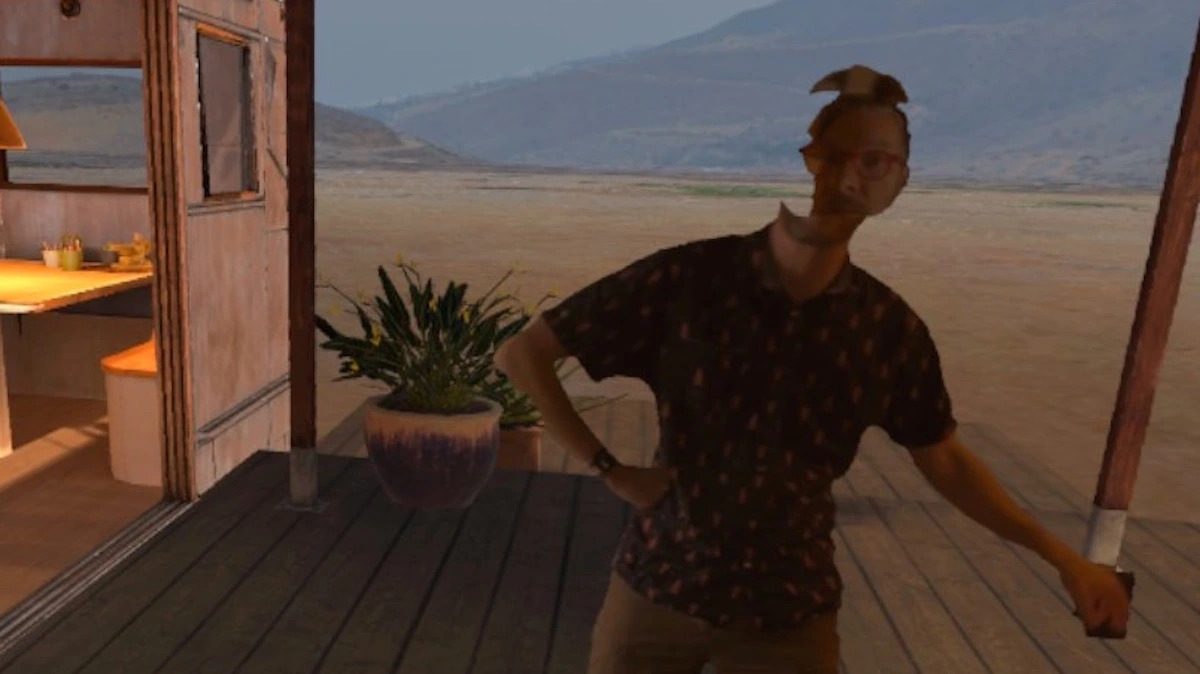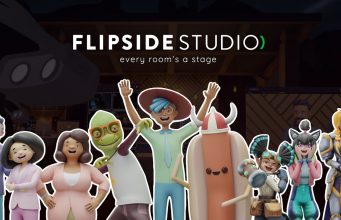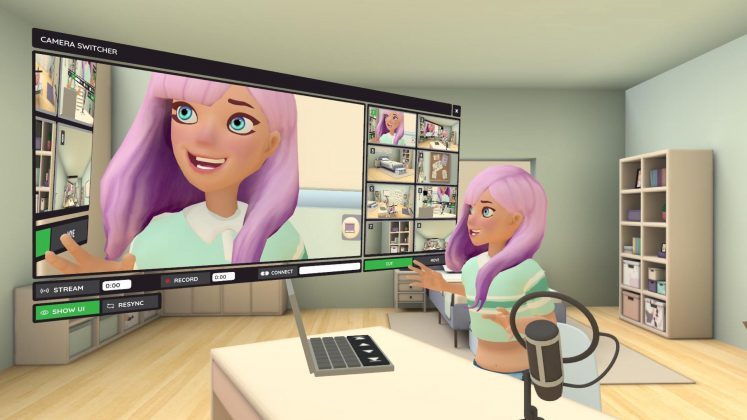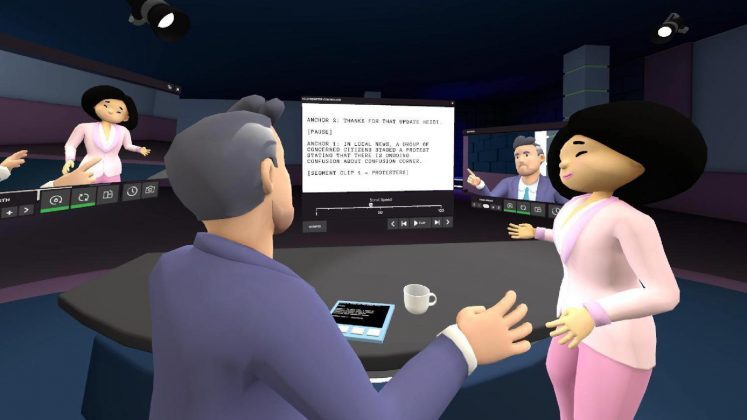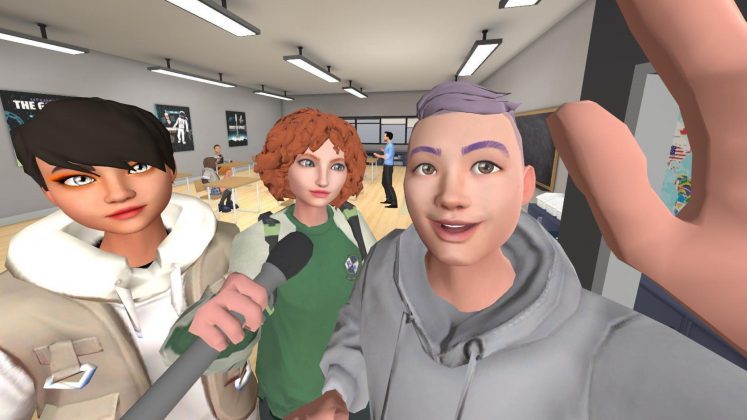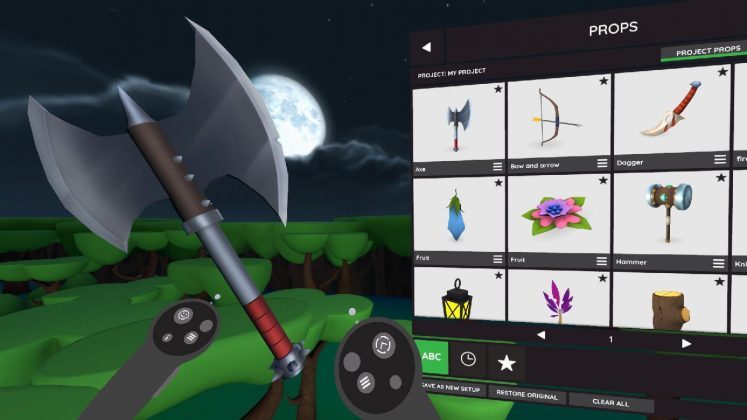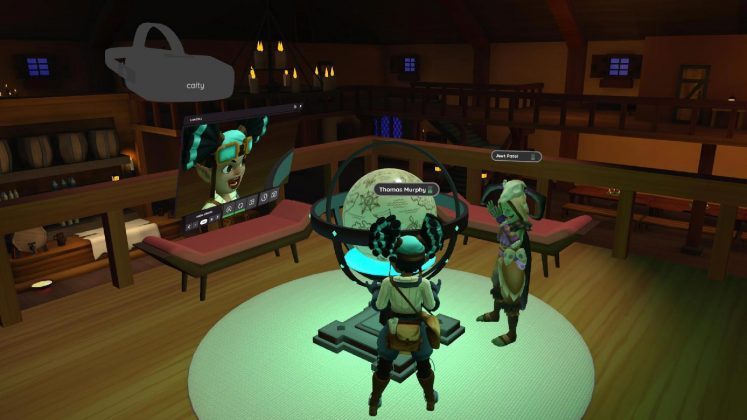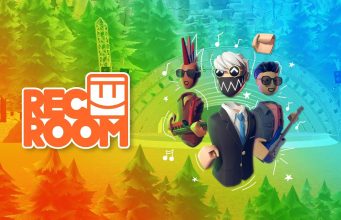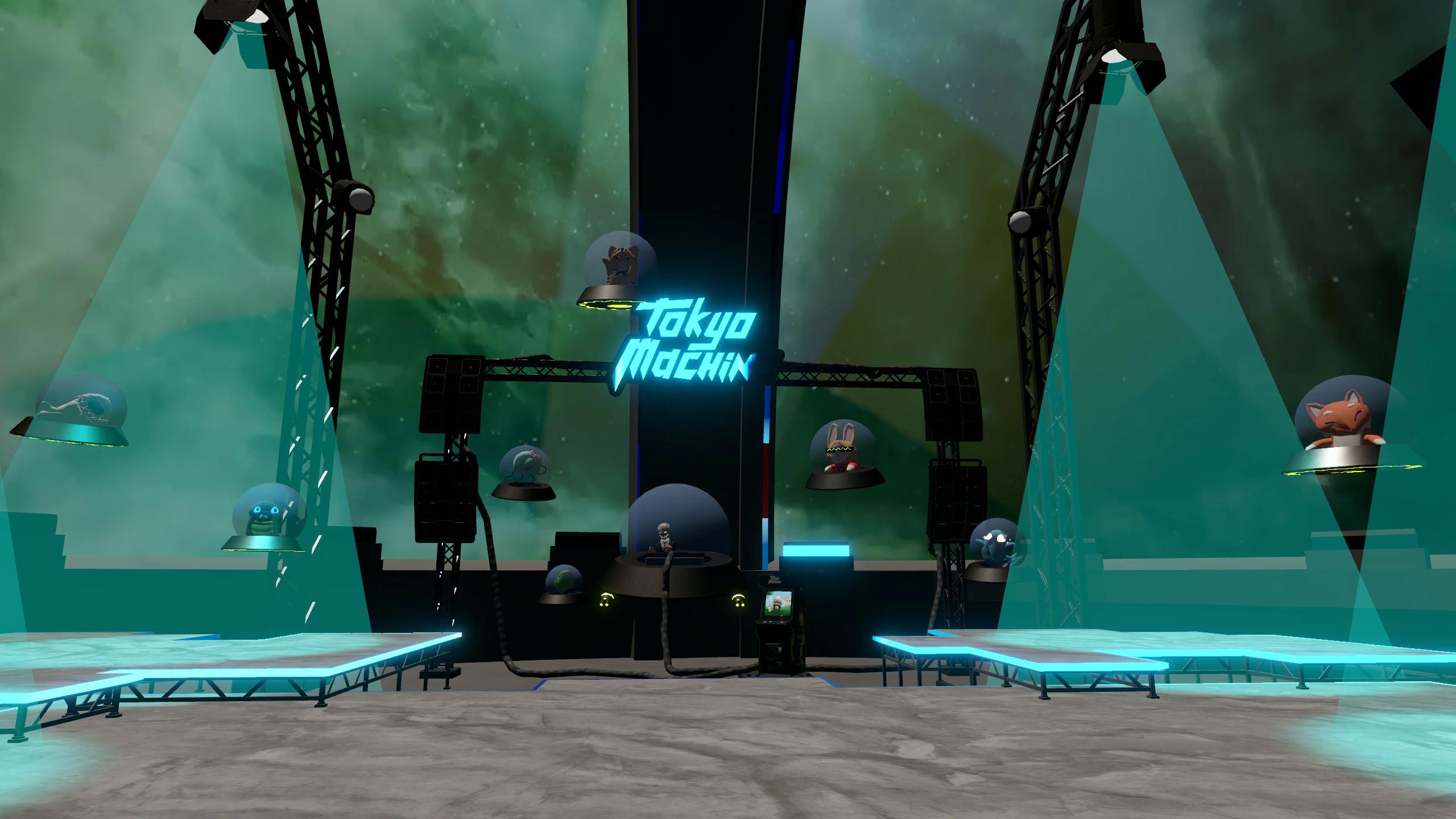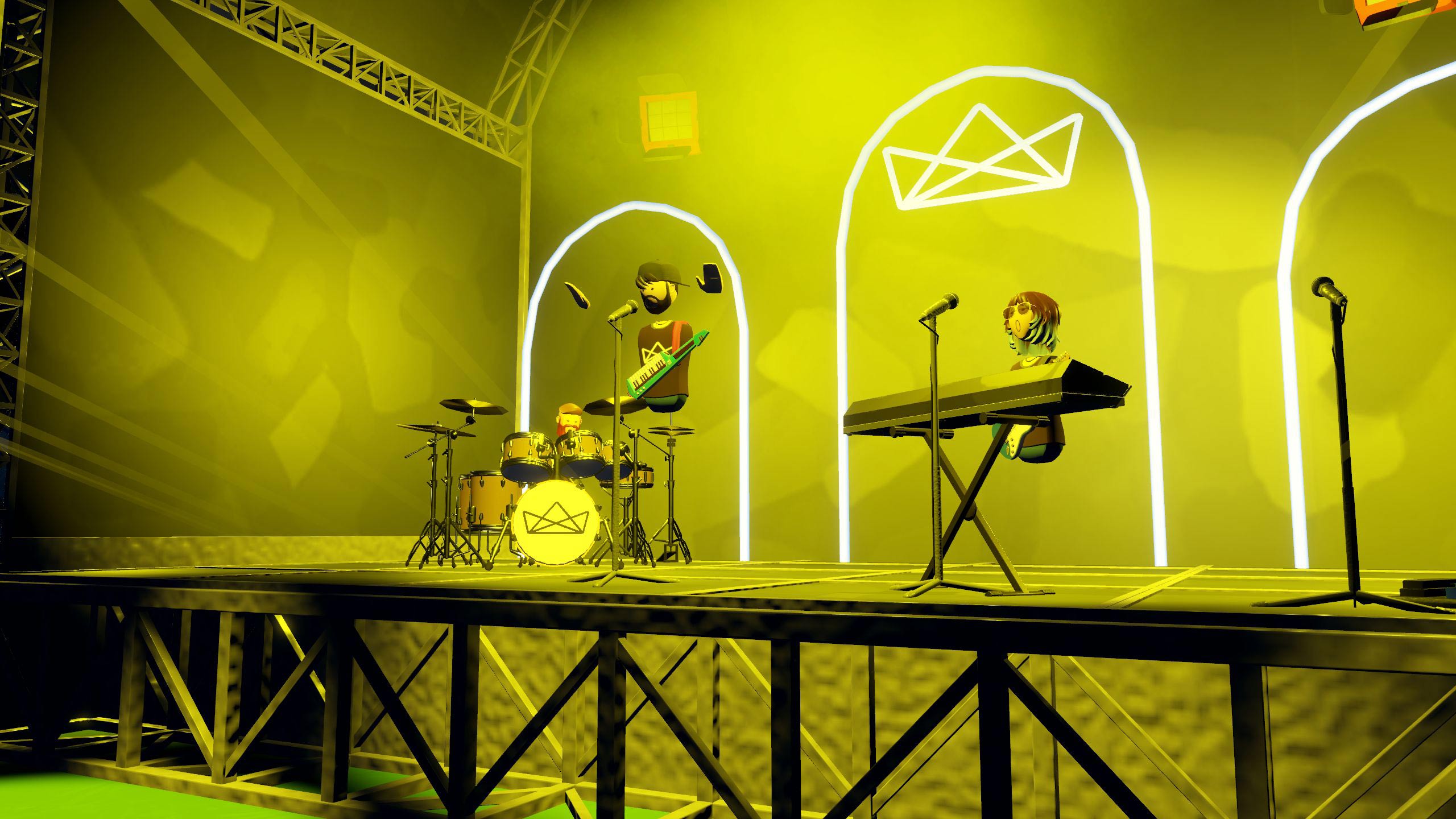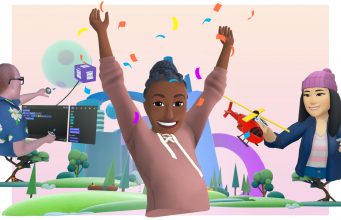‘Neos VR’ Metaverse Creator Unveils Spiritual Successor ‘Resonite’
It’s been a bumpy ride for social VR platform Neos VR over the past two years partly due to being removed from Steam for heavily featuring its own cryptocurrency. While Neos VR was eventually reinstated on Steam, original Neos VR developer Tomáš “Frooxius” Mariančík has since departed the project and now announced a spiritual successor called Resonite.
There’s a fair bit of drama surrounding Neos VR, something you can read up on over at Ryan Schulz’s blog, which delves into the cryptocurrency-fueled rift between Mariančík and Karel Hulec, CEO of the app’s publisher Sorilax. The two have completely parted ways, with Hulec still managing Neos while Mariančík has headed a new team developing Resonite.
From what by all accounts was a bitter split, Resonite is emerging from the controversy, bringing with it what Mariančík describes as a “novel digital universe with infinite possibilities.”
“Whether you resonate with people around the world in a casual conversation, playing games and socializing or you riff off each other when creating anything from art to programming complex games, you’ll find your place here,” the app’s Steam description reads.
Like Neos VR, Resonite heavily focuses on in-app content creation, allowing users to create their own interactive avatars, art, gadgets, and “complex interactive worlds and games.”
There’s no release date yet for Resonite, however the app’s Steam page says it’s launching into early access sometime in October. Whatever the case, Resonite doesn’t appear to have ambitions to launch on Quest, PSVR 2, or mobile hardware currently, essentially setting it up to be a PC-exclusive experience likely appealing mostly to enthusiasts.
We’re curious to learn more about Resonite, and what sets it apart from Neos. Whatever the case, there seems to be a fairly substantial expected migration of Neos users to Resonite, as Resonite’s Patreon page already boasts over $14,000 monthly donations.
According to cached pages, support for Neos VR’s Patreon has decreased significantly in the past two years since the project included its own cryptocurrency and friction arose between its creators; near its all-time high of over $18,000 per-month donations, today Neos garners a little under $5,000 per month from backers.
‘Neos VR’ Metaverse Creator Unveils Spiritual Successor ‘Resonite’ Read More »




